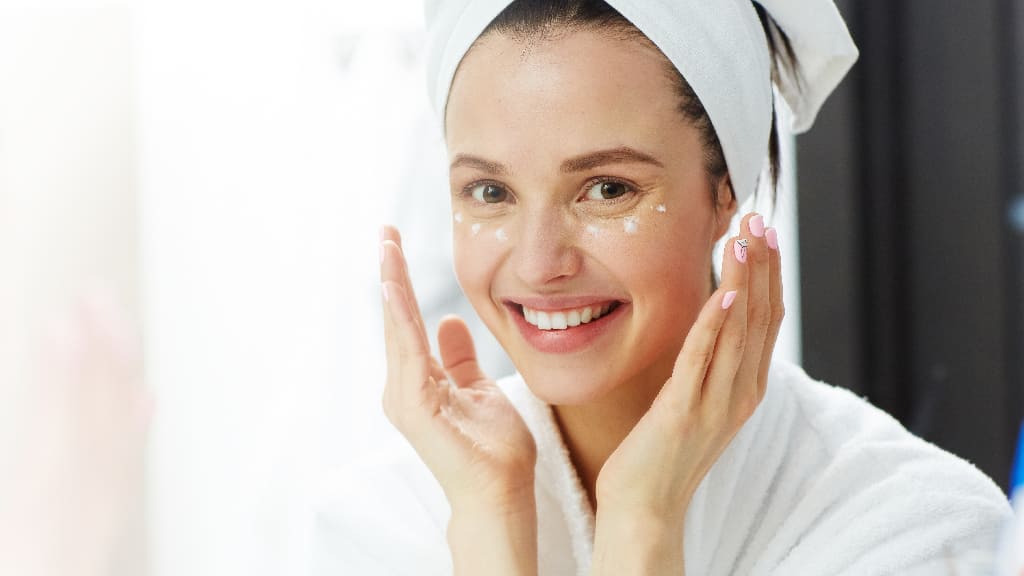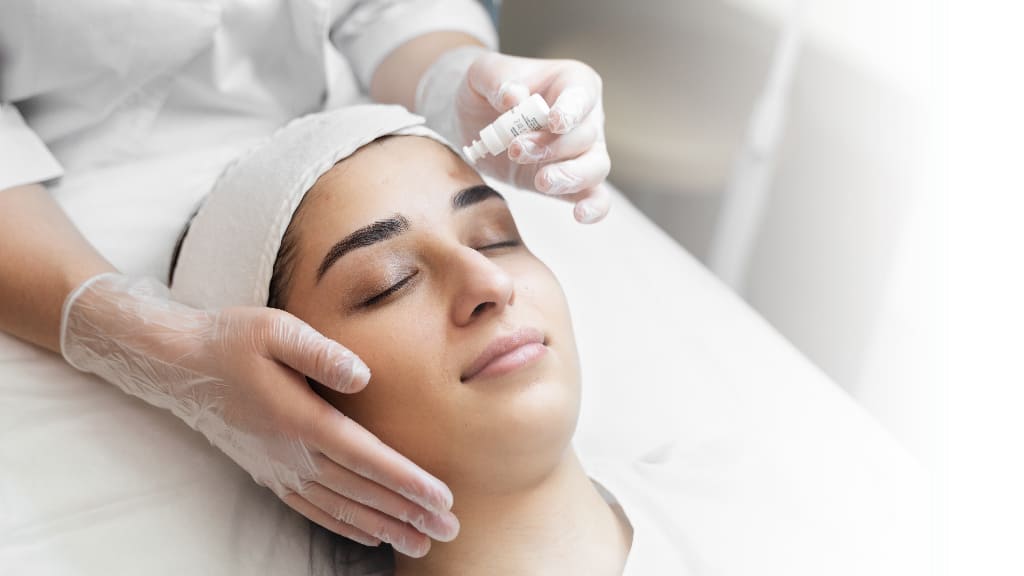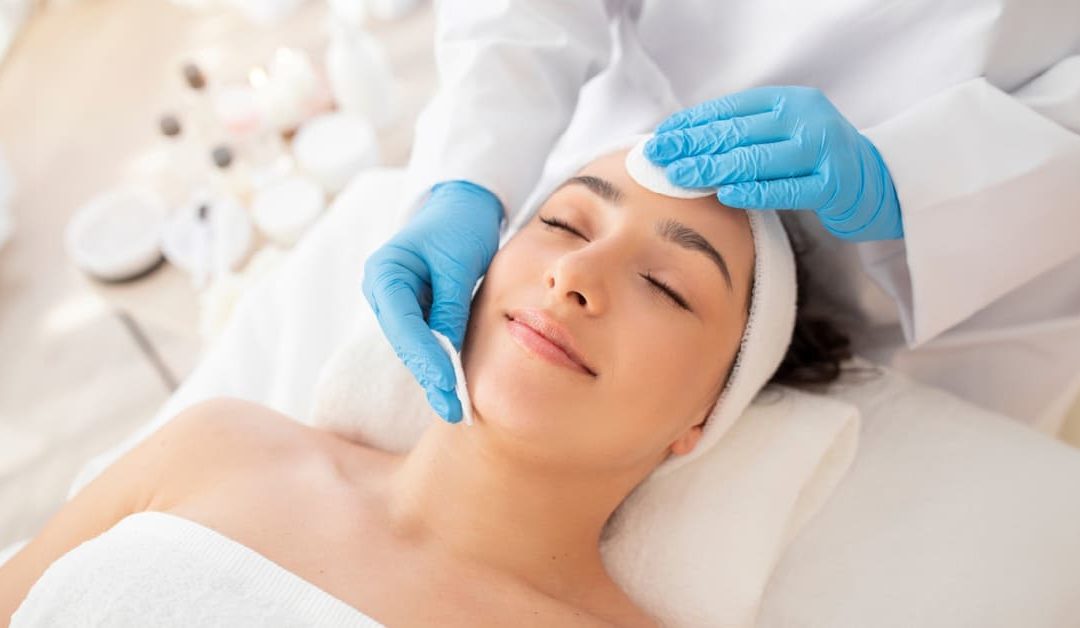What is Acne?
Causes of Acne
Who Gets Acne?
Understanding the Skin and Acne Development
How Acne Forms
Acne begins when the sebaceous glands in the skin produce excess oil, which can combine with dead skin cells to block hair follicles. This blockage can trap bacteria inside the pores, then later it leads to inflammation and the formation of pimples or cysts.
Skin Types and Acne
Different skin types can influence how acne develops. Oily skin, which produces more sebum, is more prone to acne, while dry skin can lead to irritation and dead skin buildup, which may also clog pores.
- Oily skin
- Dry skin
- Sensitive skin
- Combination skin
The Role of Sebum
Common Myths About Acne
Only Teenagers Get Acne
Acne is not only teenage problem; adults can also suffer from it, particularly women due to hormonal changes. Adult acne is increasingly common, and it requires tailored treatment strategies.
Popping Pimples Helps Them Go Away Faster
Chocolate and Greasy Foods Cause Acne
Types of Acne
Non-inflammatory Acne
Whiteheads: These are small, closed bumps that occur when pores are completely blocked by oil and dead skin cells.
Blackheads: Open comedones where the pore is partially blocked, causing the surface to darken due to oxidation.
Inflammatory Acne
Papules: Small, red, tender bumps without pus.
Pustules: Pimples filled with pus, often with a white or yellow center.
Nodules: Larger, painful lumps under the skin caused by deeper inflammation.
Cysts: Deep, painful, pus-filled lumps that can lead to scarring.
Severity Levels
Moderate Acne: More widespread with more inflammation and redness.
Severe Acne: Numerous nodules or cysts, often resulting in significant inflammation and potential scarring.
Causes and Triggers
Hormonal Changes
Diet and Lifestyle
Stress and Acne
Medications and Acne
Environmental Factors
Acne Prevention Tips

Daily Skincare Routine
- Cleansing: Use a gentle, non-comedogenic cleanser twice daily to remove impurities and excess oil without irritating the skin.
- Exfoliating: Regularly exfoliate with products that contain salicylic acid or alpha hydroxy acids to remove dead skin cells and prevent clogged pores.
- Moisturizing: Even if you have oily skin, it’s essential to moisturise and maintain a healthy skin barrier. Choose a lightweight, oil-free moisturizer.
- Sun Protection: Sunscreen is vital to protect your skin from UV damage, which can worsen acne and lead to hyperpigmentation.
Choosing the Right Products
Select skincare and makeup products labeled as “non-comedogenic” to ensure they won’t clog your pores. Avoid heavy, oily products and opt for those that are fragrance-free to minimize irritation.
Healthy Habits
Avoiding Common Mistakes
Acne Treatment Options
History of acne – talk to dermat before starting any new product or treatment at home

Over-the-Counter Treatments
Benzoyl Peroxide
Salicylic Acid
Alpha Hydroxy Acids (AHAs)
Prescription Treatments
Retinoids
Antibiotics
Hormonal Treatments
Birth control pills or anti-androgen drugs can help manage hormones that cause acne, especially in women.
Professional Treatments
Chemical Peels
Laser Therapy
Laser treatments can reduce bacteria and inflammation, as well as improve skin texture by targeting acne scars.
Extractions
Natural Remedies
Tea Tree
It is recognised for its antimicrobial properties it can be an effective spot treatment for acne.
Aloe Vera
Aloe vera is soothing and anti-inflammatory, making it a good choice for calming irritated skin.
Honey
Honey’s natural antibacterial and anti-inflammatory properties can help to reduce acne and promote healing.
Acne Scar Treatments
Microneedling
Dermal Fillers
Fillers can be injected into depressed acne scars to lift them, creating a smoother skin surface.
Laser Resurfacing
Laser treatments can remove damaged skin layers and promote growth of new, healthy skin, improving scars.
Acne and Diet
Foods That May Help
- Omega-3 Fatty Acids: this is found in fish, flaxseeds and walnuts, omega-3s can reduce inflammation, which may help to manage acne.
- Antioxidants: Consuming fruits and vegetables rich in antioxidants can support skin health and help reduce acne.
- Vitamins: Vitamins A, C, and E play essential roles in maintaining healthy skin. It reduces inflammation and helps to promote skin healing.
Foods That May Trigger Acne
- Dairy: Some studies suggest that dairy products, particularly skim milk, may be linked to acne breakouts in some individuals.
- High-Glycemic Foods: Foods like white bread, sugary snacks, and sodas can cause spikes in blood sugar, which may trigger or worsen acne.
- Processed Sugars: Consuming excessive sugar can lead to increased inflammation and acne breakouts.
The Role of Supplements
- Zinc: It is known for its anti-inflammatory properties and may help to reduce the severity of acne.
- Vitamin D: Low levels of vitamin D have been linked to acne, so supplementing may help if you’re deficient.
- Probiotics: Probiotics support gut health, which can have a positive impact on skin health, potentially reducing acne.
Acne and Mental Health
The Psychological Impact of Acne
Acne can have a profound effect on mental health, it might have affect our anxiety, low self-esteem and sometimes even depression. It’s important to recognize these emotions and seek support when needed.
Frequently Asked Questions (FAQs) about Acne
Why Do I Still Get Acne as an Adult?
Can Acne Be Cured Permanently?
What’s the Best Treatment for Severe Acne?
How Long Does It Take for Acne Treatments to Work?
Acne treatments typically take several weeks to show noticeable results. It’s important to remain patient and consistent with your skincare routine, as switching treatments too frequently can hinder progress.
Can Makeup Cause Acne?
Yes, certain makeup products can contribute to acne, especially if they clog pores. Look for non-comedogenic products and always ensure you remove your makeup properly before you go to sleep.


